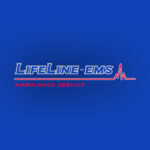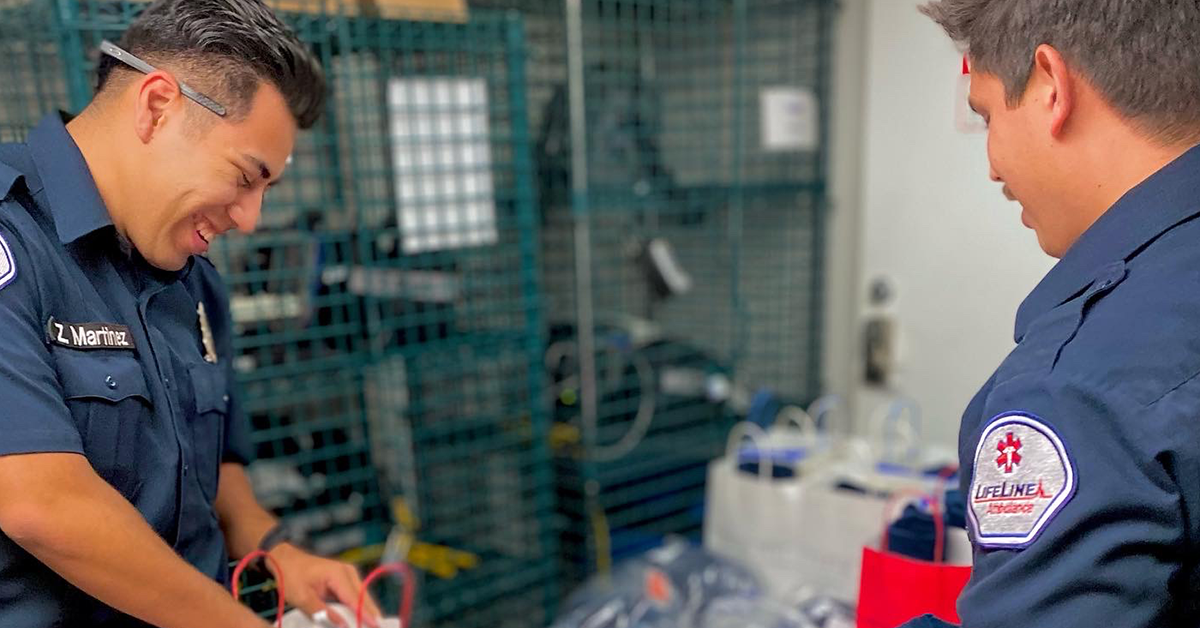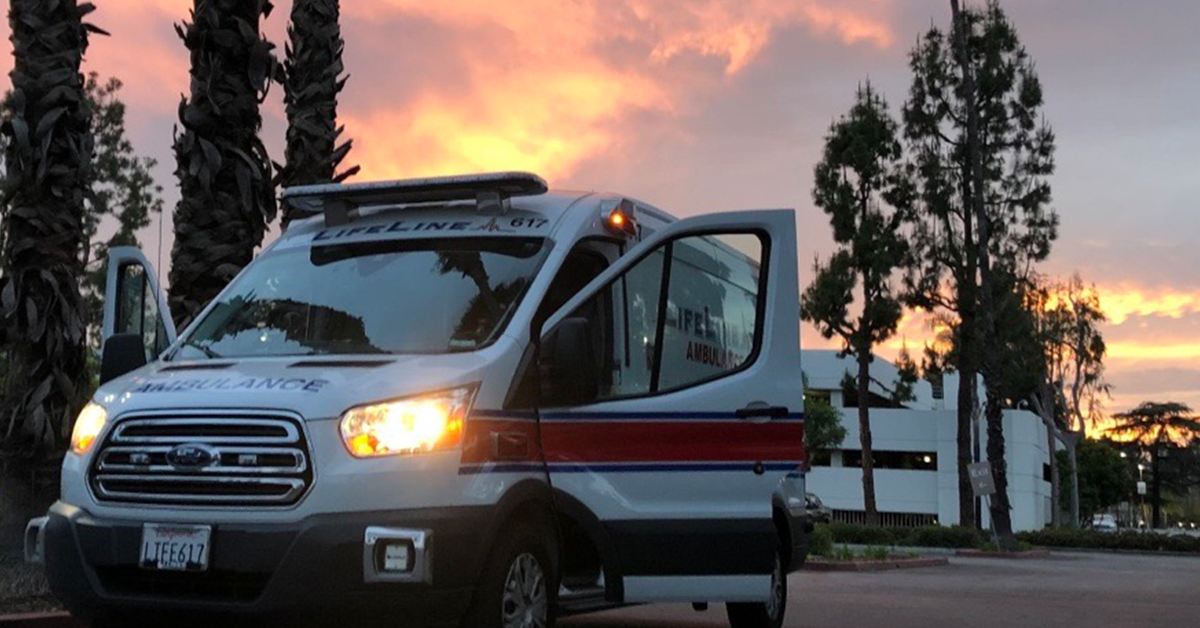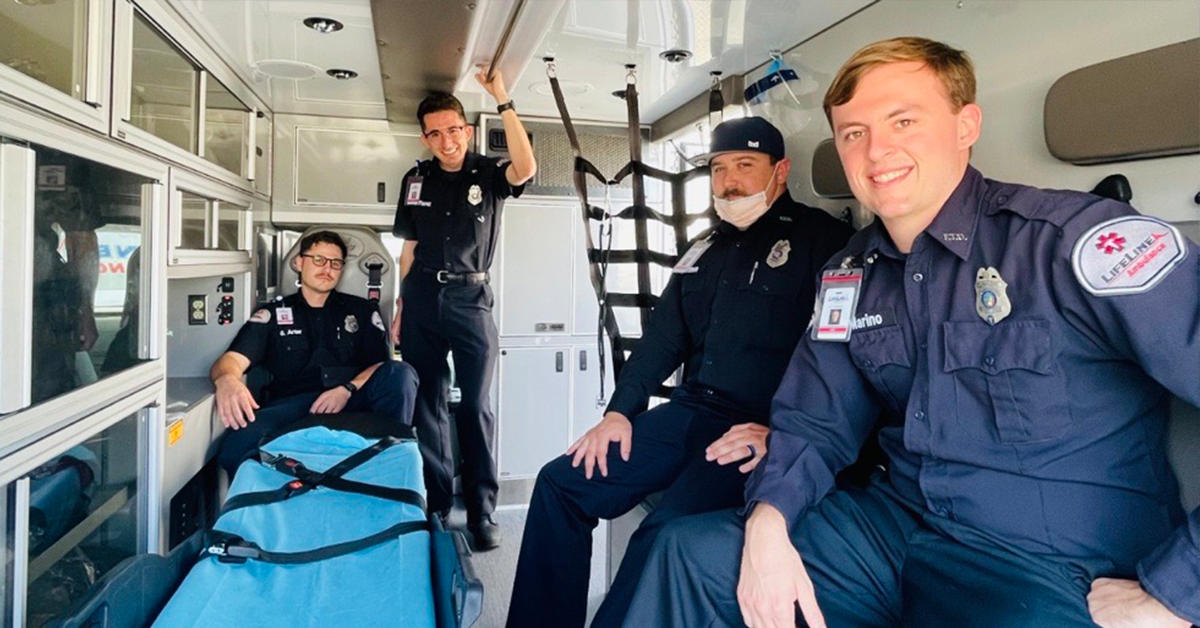Becoming an Emergency Medical Technician (EMT) is not just about learning medical procedures and saving lives; it is about developing a comprehensive set of skills that are invaluable in both professional and personal contexts. At LifeLine EMS, based in Los Angeles and Southern California, the training and experiences offered to EMTs go beyond immediate medical care, equipping them with essential life and career skills. This article explores the critical competencies that EMTs develop, highlighting how these skills prepare them for a successful and fulfilling future.
Critical Thinking and Problem-Solving
EMTs are frequently faced with high-pressure situations that require quick thinking and decisive action. The ability to assess a scenario, identify the most critical issues, and implement effective solutions is a cornerstone of the EMT profession.
1. Assessment and Diagnosis
EMTs must rapidly evaluate a patient’s condition, often with limited information, to determine the appropriate course of action. This ability to quickly gather and interpret data is a vital skill that is transferable to any career requiring analytical thinking and problem-solving.
2. Adaptability
Emergencies are unpredictable, and EMTs must adapt to new information and changing circumstances on the fly. This adaptability is crucial in dynamic work environments and is highly valued in roles that require flexibility and the ability to manage unexpected challenges.
Communication and Interpersonal Skills
Effective communication is at the heart of an EMT’s role. Whether interacting with patients, families, or other healthcare professionals, clear and compassionate communication is essential.
1. Patient Interaction
EMTs often deal with patients in distress. Providing reassurance and clear instructions helps calm patients and facilitate better outcomes. This ability to communicate effectively under stress is beneficial in any job that involves customer service or client interaction.
2. Team Coordination
Working as an EMT involves constant collaboration with other emergency responders and medical staff. Coordinating efforts, sharing information, and making collective decisions are all part of the job, fostering strong teamwork and leadership skills.
Emotional Resilience and Stress Management
The nature of emergency medical services can be emotionally taxing. EMTs develop significant emotional resilience and stress management abilities through their experiences.
1. Coping with Trauma
Regular exposure to traumatic situations requires EMTs to develop coping mechanisms and maintain their composure. This resilience is crucial not only for personal well-being but also for maintaining performance under pressure.
2. Providing Emotional Support
EMTs often provide emotional support to patients and their families during emergencies. This experience enhances their empathy and interpersonal skills, making them adept at managing stressful and emotionally charged situations in any professional setting.
Technical Proficiency and Lifelong Learning
The medical field is ever-evolving, and EMTs must continually update their knowledge and skills to stay current with best practices and new technologies.
1. Medical Knowledge
EMTs gain extensive medical knowledge and hands-on experience with advanced medical equipment. This technical proficiency is a strong foundation for careers in healthcare and related fields.
2. Commitment to Learning
Lifeline EMS encourages ongoing education and professional development. This commitment to lifelong learning ensures that EMTs are always at the forefront of medical advancements and are prepared for further career progression.
Leadership and Responsibility
EMTs often find themselves in leadership roles, making critical decisions and taking responsibility for patient care.
1. Decision-Making Authority
In many emergencies, EMTs are the first to arrive and must make important decisions before additional help arrives. This responsibility fosters confidence and the ability to lead under pressure.
2. Accountability
The high stakes of medical emergencies mean that EMTs must be accountable for their actions. This sense of accountability translates well to any career, promoting reliability and ethical behavior.
Community Engagement and Cultural Competency
Working as an EMT in a diverse area like Los Angeles and Southern California requires cultural sensitivity and the ability to engage with a wide range of communities.
1. Cultural Awareness
EMTs interact with people from various cultural backgrounds. Understanding and respecting cultural differences is essential for effective communication and care.
2. Community Involvement
LifeLine EMS emphasizes community outreach and education. EMTs participate in public health initiatives, school programs, and community events, enhancing their engagement and understanding of the communities they serve.
Practical Real-World Experience
The hands-on experience gained as an EMT is unparalleled. The practical skills developed through real-world emergencies prepare EMTs for various future career opportunities.
1. Real-World Application
The skills learned in training are applied daily in real-world situations. This practical experience is invaluable, providing a solid foundation for careers in healthcare, emergency management, and beyond.
2. Career Versatility
The competencies developed as an EMT are applicable in numerous professions. Whether continuing in healthcare, transitioning to public safety, or moving into administrative roles, the skills gained as an EMT are highly versatile.
Career Growth and Advancement
LifeLine EMS is dedicated to supporting the career growth of its employees. The organization provides numerous opportunities for advancement and development.
1. Advanced Certifications
LifeLine EMS offers opportunities for EMTs to pursue advanced certifications and specializations. This additional training prepares them for higher-level positions within the EMS field.
2. Leadership Roles
Experienced EMTs can advance to leadership roles such as field training officers, supervisors, and administrative positions. LifeLine EMS prioritizes internal promotions, ensuring that dedicated employees have a clear path for career progression.
The LifeLine EMS Advantage
LifeLine EMS provides a supportive and dynamic environment that fosters the development of these essential skills. Here’s how LifeLine EMS stands out:
Comprehensive Training Programs
LifeLine EMS offers extensive training programs that prepare EMTs for their roles and provide a foundation for future career advancement. These programs include Basic Life Support (BLS) and Advanced Life Support (ALS) training, as well as specialized courses in pediatric care, trauma response, and disaster preparedness.
Supportive Work Environment
A supportive work environment is crucial for professional development. LifeLine EMS fosters a culture of teamwork, respect, and open communication, ensuring that employees feel valued and supported.
Competitive Compensation and Benefits
LifeLine EMS recognizes the hard work and dedication of its employees by offering competitive compensation packages and comprehensive benefits, including health and dental insurance, retirement plans, and generous paid time off policies.
Impactful Community Engagement
LifeLine EMS is deeply committed to the communities they serve. EMS professionals participate in public health education initiatives, community events, and school programs, enhancing their connection to the community and their sense of purpose.
Keep Reading
Want more? Here are some other blog posts you might be interested in.
Emergency Medical Services s a high-stress, physically demanding profession that requires dedication, quick decision-making, and resilience. While the rewards of saving lives...
Emergency Medical Services professionals are often the first point of contact during critical health crises. While technical expertise is essential in emergency...
Emergency Medical Services play a critical role in ensuring the health and safety of communities. In Southern California, including Los Angeles, the...






